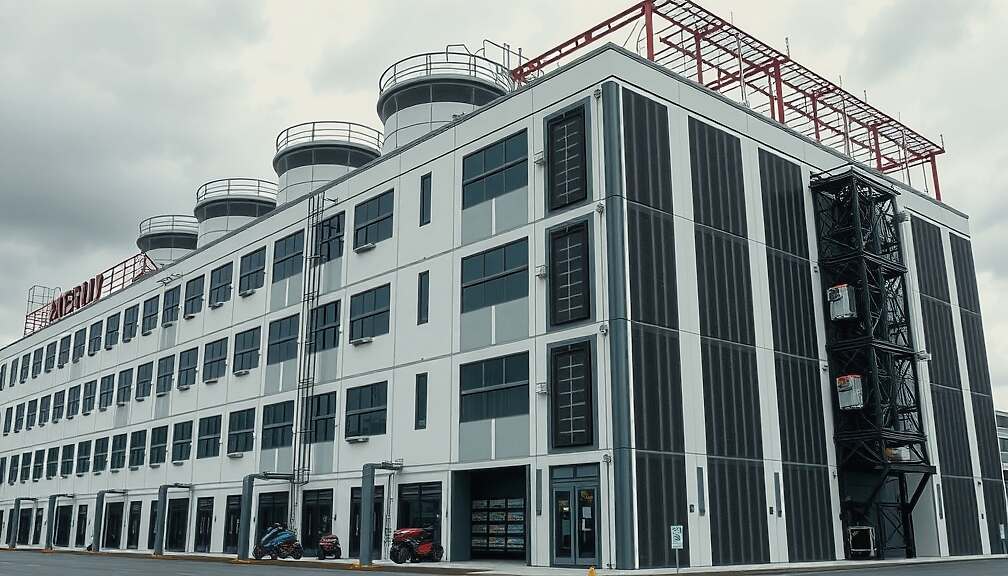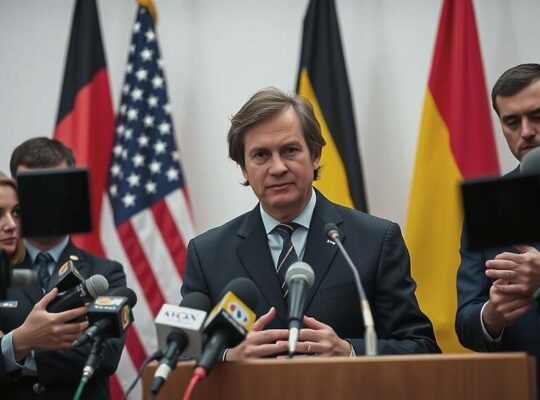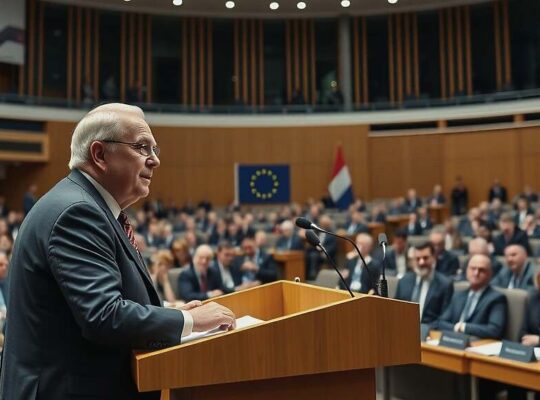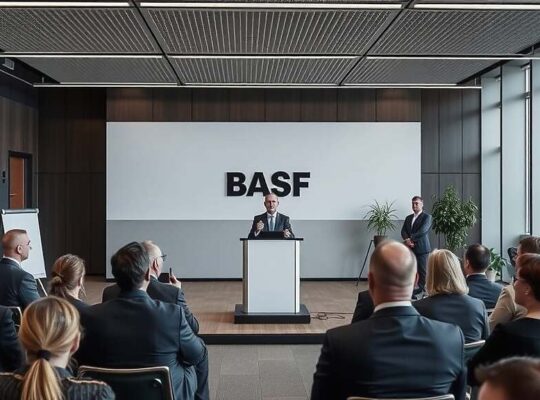Growing skepticism is emerging within the industry regarding the European Union’s plan for large-scale artificial intelligence data centers.
Several industry leaders are questioning whether the “Gigafactory” strategy will successfully position Europe as a more digitally independent and competitive global player. Kai Wawrzinek, founder and CEO of cloud provider Impossible Cloud, stated that the plan is unlikely to achieve that goal. Frank Karlitschek, head of Stuttgart-based software firm Nextcloud, expressed concern that the initiative proposes building infrastructure before securing demand.
The EU intends to reduce its lag in the global AI race by establishing five data centers distributed across the continent. Each facility would be equipped with approximately 100,000 specialized GPU chips and be constructed and operated by private companies. The EU has pledged 20 billion euros in funding to support these substantial investments. The German federal government, in its coalition agreement, committed to attracting at least one of these AI Gigafactories to Germany.
However, criticism of the multi-billion euro subsidy package has recently increased. SAP CEO Christian Klein recently stated that five new data centers are not what is needed. Siemens CEO Roland Busch also questioned the Gigafactory project, suggesting that it’s not a beneficial approach to start with infrastructure before a clear use case is defined. He further indicated uncertainty regarding current capacity for utilization.
Wawrzinek echoed these concerns, questioning whether sufficient demand exists to justify the anticipated computational power. “If you want to pump so much money into a project, it only works if you can ensure usage” he said, emphasizing the need for established digital players.
Stefan Heumann, a tech expert at the Berlin-based think tank Agora Digitale Transformation, highlighted the predicament, stating that the ambition to build and finance infrastructure precedes a firm understanding of its application. He shares the worry that the project might “miss the market”. Publicist Ansgar Baums offered a more stark assessment, describing the approach as “crass hubris” to dictate the business case for companies’ multi-billion euro investments.












